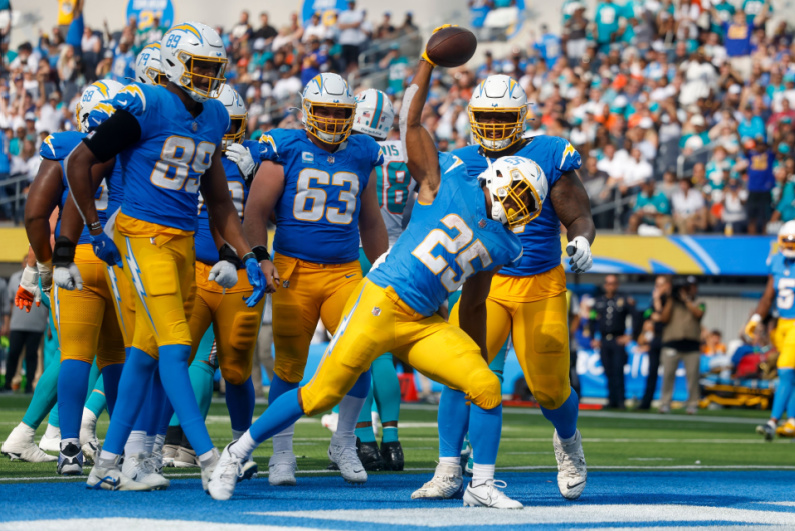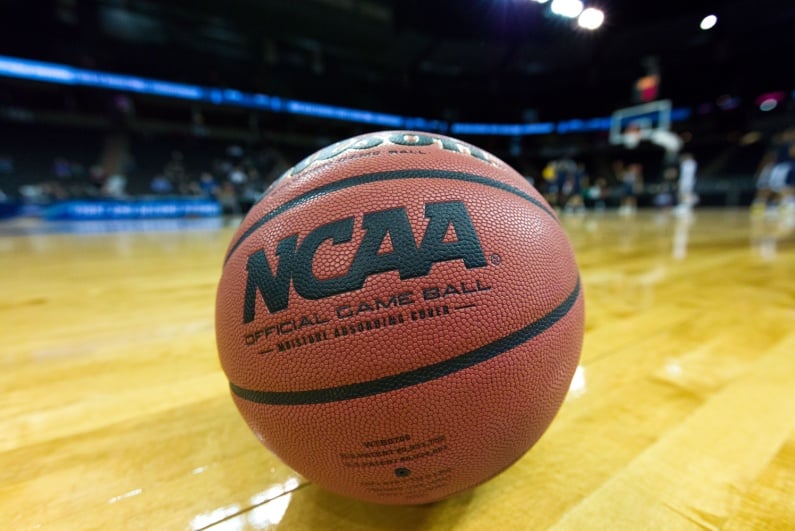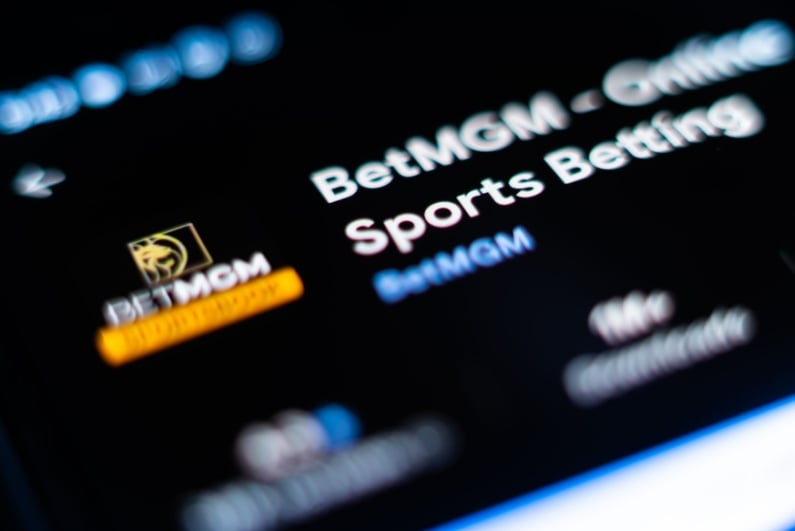An open-ended question
DraftKings and FanDuel are asking for clarity and a national consensus on the future of pick’em fantasy sports.
several states recently banned such styles of betting
There has been confusion and debate regarding over/under betting and whether it constitutes sports betting or games of skill. Several states recently banned such styles of betting that gave rise to PrizePicks, Underdog Fantasy, Betr, and other platforms.
Now, the leaders of the two largest sports betting companies want clarity before there’s any greater entanglement.
FanDuel, DraftKings want decision on fantasy sports
FanDuel’s Amy Howe and DraftKings’ Jason Robins, the CEOs of their respective companies, shared a panel at the Global Gaming Expo (G2E) on Wednesday. They both agreed that states need to reach a decision on the future of these styles of betting so that the industry can react and prepare accordingly.
“There’s a legal and regulatory framework and I think it’s up to the states to adjudicate this,” Howe said. “I think they will decide whether those offerings are within the legal framework. And there’s a clear distinction between games of skill and games of luck.”
The pick’em style of games in question simplify sports betting to a series of “More or Less” questions.
For example, a PrizePicks user can fill out a parlay-like betting slip with predictions such as Justin Jefferson “More” than 97.5 receiving yards, Patrick Mahomes “Less” than 2.5 passing touchdowns, and anything else they find from the list of options.
appeals to both novice and experienced crowds
The result is a more streamlined experience of wagering that appeals to both novice and experienced crowds. However, these sites have not been classified as traditional sports betting outlets and are therefore not subjected to the same regulations or licensing requirements.
“If you want to regulate something, regulate it,” said Robins. “If you don’t, don’t, but I don’t think that having inconsistent rules for different companies is in the best interest of the consumer or competition.”
Legal changes
A key point in the ongoing debate of pick’em contests is operators don’t have a clear understanding of what they are allowed to offer.
Robins believes that without clear boundaries, the natural evolution of competition will lead companies to unknowingly cross the legal line and prompt regulatory interjection.
in a perfect world, we’d like to be able to offer the same thing that anybody else can”
“On these things, I think it’s up to the states to decide,” said Robins. “What we’re seeking is, ‘Hey, what can we do? What can’t we do?’ And, in a perfect world, we’d like to be able to offer the same thing that anybody else can, and if we can then great. That’s what maximizes competition and that’s what creates the best environment for consumers.”
The Michigan Gaming Control Board Wednesday enacted the rules proposed under the Fantasy Contests Consumer Protection Act, which was aimed at clearing the confusion surrounding fantasy contests.
Under the terms of the regulations, “fantasy contest operators or licensed management companies may not offer any contests that have the effect of mimicking betting on sports, or that involve ‘prop bets’ or the effect of mimicking proposition selection.”
In late September, Florida sent cease and desist letters to PrizePicks, Underdog Fantasy, and Betr. Florida Gaming Control Commission Directory Louis Tombetta wrote that the companies’ offerings were “strictly prohibited in Florida and constitute[d] criminal activity.”
New York also banned over/under pick’ems last week. A new piece of legislation stated that “Contests shall not be based on proposition betting and shall not have the effect of mimicking proposition betting.”




